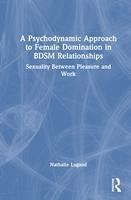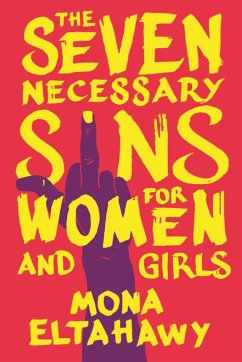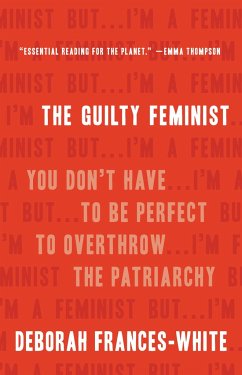
Beauty and Misogyny
Harmful cultural practices in the West
Versandkostenfrei!
Versandfertig in über 4 Wochen
206,99 €
inkl. MwSt.
Weitere Ausgaben:

PAYBACK Punkte
103 °P sammeln!
The new edition of Beauty and Misogyny revisits and updates Sheila Jeffreys' uncompromising critique of Western beauty practice and the industries and ideologies behind it.














